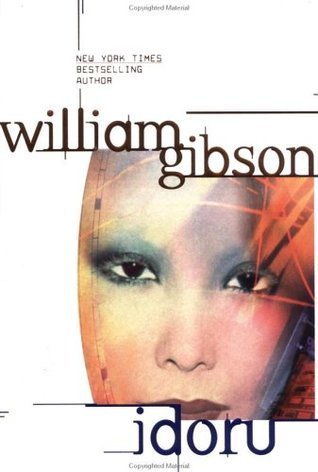
Part of Series
Although Colin Laney (from Gibson's earlier novel Idoru) lives in a cardboard box, he has the power to change the world. Thanks to an experimental drug that he received during his youth, Colin can see "nodal points" in the vast streams of data that make up the worldwide computer network. Nodal points are rare but significant events in history that forever change society, even though they might not be recognizable as such when they occur. Colin isn't quite sure what's going to happen when society reaches this latest nodal point, but he knows it's going to be big. And he knows it's going to occur on the Bay Bridge in San Francisco, which has been home to a sort of SoHo-esque shantytown since an earthquake rendered it structurally unsound to carry traffic. Although All Tomorrow's Parties includes characters from two of Gibson's earlier novels, it's not a direct sequel to either. It's a stand-alone book.—Craig E. Engler
Author

Librarian Note: There is more than one author in the Goodreads database with this name. See this thread for more information. William Ford Gibson is an American-Canadian writer who has been called the father of the cyberpunk subgenre of science fiction, having coined the term cyberspace in 1982 and popularized it in his first novel, Neuromancer (1984), which has sold more than 6.5 million copies worldwide. While his early writing took the form of short stories, Gibson has since written nine critically acclaimed novels (one in collaboration), contributed articles to several major publications, and has collaborated extensively with performance artists, filmmakers and musicians. His thought has been cited as an influence on science fiction authors, academia, cyberculture, and technology. ————————————————- William Gibson. (2007, October 17). In Wikipedia, The Free Encyclopedia. Retrieved 20:30, October 19, 2007, from http://en.wikipedia.org/w/index.php?t...

